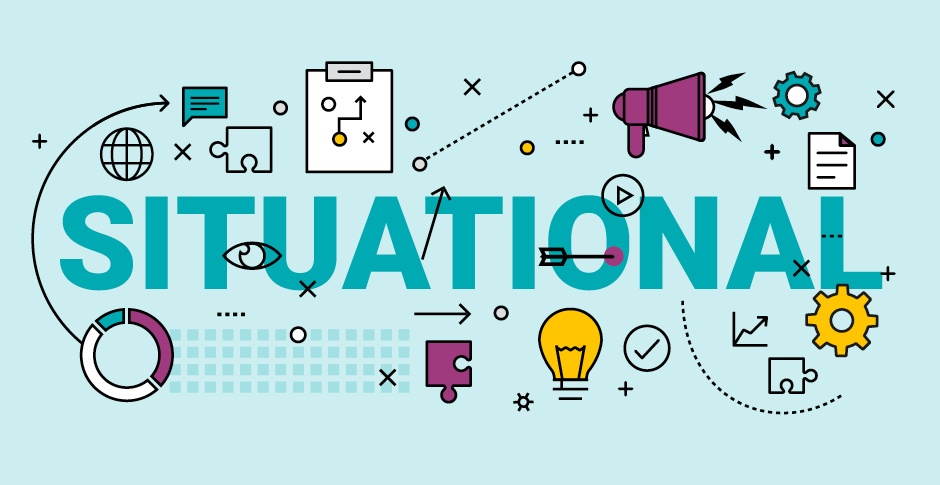Best answers to situational interview questions
Situational interview questions target specific issues and challenges that may occur in the workplace. These questions tend to involve being presented with a situation and having to talk through a solution.
“The purpose of situational questions is to ascertain the thought processes and approach to problem-solving by an individual,” says Jodette Cleary, the Chief People Officer at hipages. “It showcases if the individual relies on their ‘inner compass’ or prefers collaborating with others. Both can be effective, but one type may suit a company culture more than the other.”
The key to answering situational questions
“Situational questions tend to centre on a ‘What would you do if…’ premise,” says Manisha Maligaspe, Recruitment Lead for Oceania Transaction Advisory Services at EY. “These questions offer an opportunity for interviewees to demonstrate their analytic and problem solving skills.”
Interviewers are looking for whether you can provide tangible explanations that highlight specific steps that were, or could be, taken to resolve an issue.
The best way to do that is to follow the STAR approach (Situation, Task, Action, Result):
- Situation/Task - tell the interviewers about a real situation or task you faced. With situational questions you may need to substitute ‘task’ with ‘problem’
- Action - detail the action you took or would take
- Result – share the result that occurred or what you anticipate would happen
- Examples of situational interview questions
Maligaspe says there’s no right or wrong answer with situational interview questions. “It’s really about how you approach the question, provide examples and how you explain the choices you’ve made,” she says.
1. What steps would you take to make an important decision on the job?
While this sounds like a hypothetical question, Maligaspe emphasises that interviewers are looking for a response that shows you have a clear idea of what’s involved in the position you’re applying for. “You want to use the role you’re applying for and the job description as a basis for answering this question,” she says. “It shows that you’ve done your homework.”
“If it’s a business that works very closely with clients, you may want to say that in the past you’ve had to decide whether to prioritise a client’s piece of work or a team member’s mental health,” she says. “You may have chosen the client’s work but you need to explain why you made that decision and what the result was.”
2. You realise that an early mistake in a project is going to put you behind deadline. What do you do?
Here the interviewer is asking about your decision making and problem-solving skills. Use the STAR approach to outline the situation and problem, and the action that you would take to remedy the mistake. The interviewer will be interested in hearing if you have real-life examples of this happening if you would try and extend the deadline, if you would ask for additional help and how you would communicate the mistake with others.
3. You disagree with the way your supervisor says to handle a problem. What would you do?
The interviewer wants to see how you deal with difficult situations that involve a potential conflict with a manager or boss. The interviewer is expecting you to acknowledge that there may be disagreements, but that you can deal with them in a professional and polite manner.
You could say:
“Occasionally in the past, I have disagreed with the way a problem should be handled. For example, a former manager didn’t want staff members working from home, but I knew flexibility was important for lots of staff, including me. I asked to make a time to privately speak with the manager. I asked for the manager’s reasons for the policy change and listened carefully to their objections, which included not being accountable. I then outlined my reasons for wanting flexible working arrangements and offered suggestions of how staff could work from home but still be accountable. We came to a compromise where staff working from home would check in via Skype at the beginning of the day and at the end.”
While this is not an exhaustive list of situational questions that may get asked in an interview, it’s possible to see that each question can be answered using the STAR approach.
While situational questions can be tricky to prepare for because they tend to be hypothetical, practising common situational questions will ensure you go into your interview feeling confident.

.jpg)